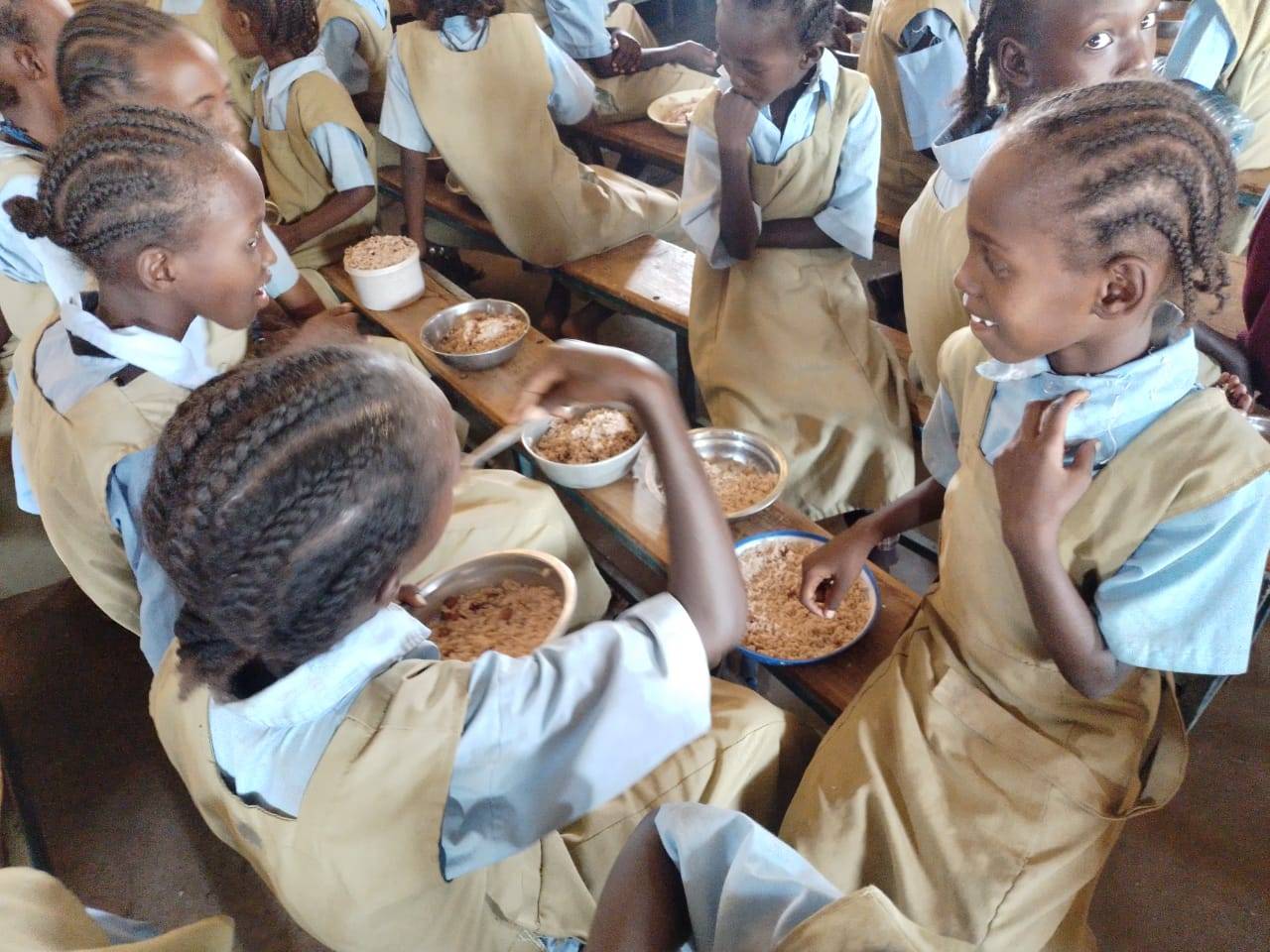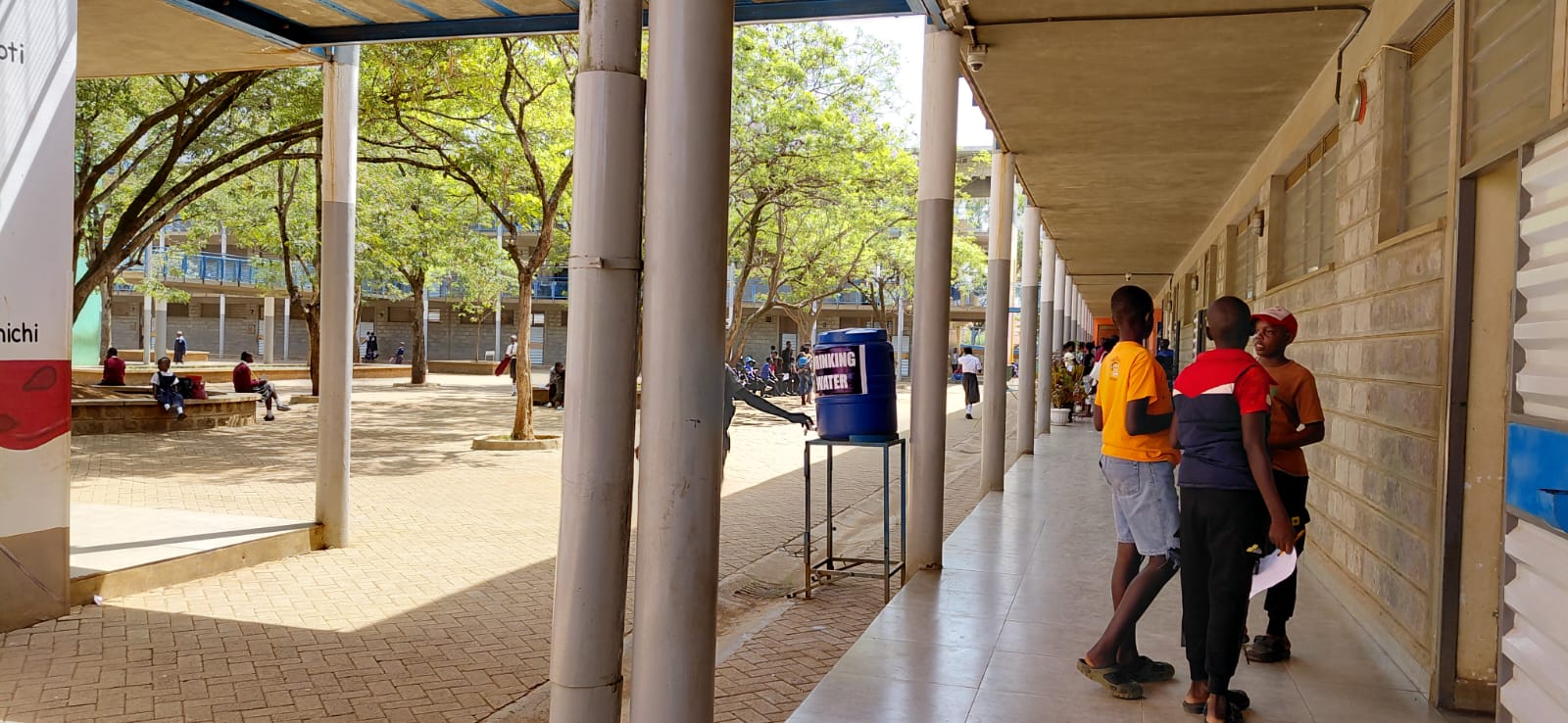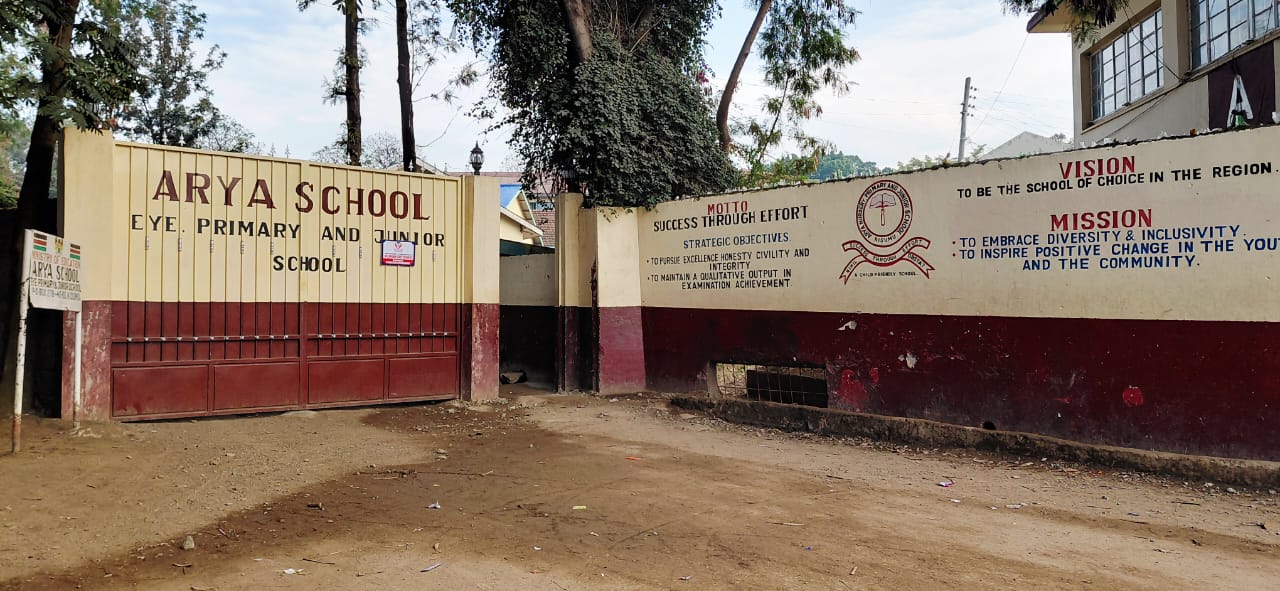The government’s proposal to discontinue the school feeding program in Arid and Semi-Arid (Asal) areas and the urban poor has continued to elicit negative reactions from different stakeholders.
The National Treasury has not allocated funds towards the programme which has been in place since 1980 for the next financial year budget proposal.
Education activists have vowed to stage protests against this proposal, insisting that scrapping off the programme is unacceptable.
The lack of funding for the program in the upcoming fiscal year from the National Treasury, according to Janet Ouko, Executive Director of the Tunza Mtoto Coalition, is a serious concern.
“We are planning protests to defend the program because this is not acceptable… Since 1980, all feeding programmes for Asal and marginalised regions have existed. Research backing such targeted programmes is available,” Ouko says, adding, “Denying those children food will seriously affect their existence in schools and education.”
David Ndii’s input
While trying to defend decision by National Treasury not to allocate funds to the school feeding programme, President William Ruto’s Chief Economic Advisor David Ndii said that the programme was under a semi-autonomous agency in the Ministry of Education.
According to Ndii, the school feeding budget initially belonged to National Council for Nomadic Education in Kenya (NACONEK). But he insists that NACONEC is not a school feeding programme.
Ndii added that children from marginalised counties would still receive food from the government, a programme that will be funded by the the Ministry of East African Community, ASALs, and Regional Development.
However, Ouko says that relocating the program to a different ministry will likewise fail, accusing President Ruto’s administration of being fixated on reducing funds for education.
School heads lament
Headteachers of primary schools have also expressed concerns over the decision.
Kenya Primary School Heads Association (KEPSHA) North Eastern Chair Hassan Farah on Friday, May 17 stated that the plan is equivalent to closing the schools.
“The nomadic child is currently attracted and retained in school by the feeding programme. If there is no lunch, a lot of kids in Asal communities won’t go to school,” he claimed.
According to Silas Obuhatsa, chair of the National Parents Association, the proposal will negatively impact the 100% transition programme from primary to secondary schools.
He claimed that some parents may drop out as a result of the advice to care for their kids on their own.
“The Ministry of Education, which is in charge of all school operations, should continue to oversee the program,” he stated.












